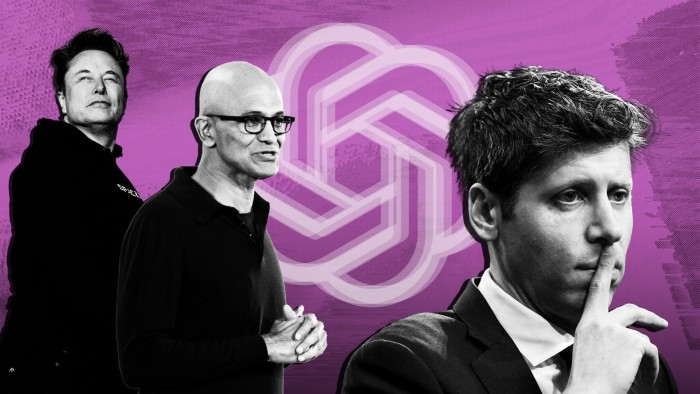OpenAI and Microsoft: Strategic Negotiations for the Future
OpenAI and Microsoft are currently engaged in critical discussions reshaping the terms of their substantial partnership. This negotiation is set against the backdrop of OpenAI’s ambitions to pursue an initial public offering (IPO) while ensuring Microsoft’s continued access to leading artificial intelligence technologies.
Microsoft’s Investment and Influence
As the largest investor in OpenAI, Microsoft has poured over $13 billion into the company over the years. A primary focus of the ongoing negotiations is the equity Microsoft will hold in an anticipated restructured entity, moving away from OpenAI’s non-profit origins.
Revising Existing Agreements
The companies are re-evaluating a contract originally established in 2019, which extends to 2030. This contract outlines Microsoft’s rights to OpenAI’s intellectual property, including various AI models and products, along with a revenue-sharing arrangement.
- Microsoft has suggested relinquishing some equity in OpenAI’s newly formed for-profit venture to access advanced technologies beyond the current contract’s expiration.
- Such arrangements are pivotal for OpenAI’s restructuring efforts and could impact the trajectory of a company that has led technological advancements in large language models.
Shifting Corporate Structure
OpenAI, under CEO Sam Altman, aims to develop artificial general intelligence (AGI) that surpasses human cognitive abilities. Recently, OpenAI retracted plans to diminish control by its non-profit board but intends to transition its business arm into a public benefit corporation (PBC). This adapted structure would enable investment while maintaining a focus on social good.
A person affiliated with OpenAI stated that this change is crucial for attracting investors, enhancing the feasibility of a future IPO.
Balancing Relationships and Future Prospects
Despite a history of close collaboration—where Microsoft has integrated OpenAI’s technologies into its software—tensions have surfaced. Industry insiders note that OpenAI’s quest for autonomy sometimes clashes with Microsoft’s expectations.
“It’s not all gone to hell and it’s open warfare,” remarked an individual close to the situation, emphasizing ongoing negotiation dynamics.
Investment Landscape and Market Position
Since its foundation in 2015, OpenAI has evolved from a non-profit into a for-profit entity to accommodate external investment. Recent funding rounds have raised substantial capital, including $6.6 billion from high-profile investors like SoftBank and significant venture capital firms.
- The need for a more traditional corporate structure is seen as a necessity for securing substantial financial backing.
- OpenAI’s leadership remains confident that investors will support the company despite potential delays in restructuring.
Regulatory Challenges and Community Concerns
OpenAI’s plans must also navigate legal scrutiny. The California and Delaware authorities, where the company operates, will assess whether upcoming structural changes align with the overarching mission to benefit the public.
Delaware’s Attorney General has indicated a willingness to evaluate these proposals to ensure compliance with charitable intentions. Critics, including former collaborator Elon Musk, have questioned whether these adjustments compromise OpenAI’s foundational goals.
Conclusion: The Road Ahead
As negotiations proceed, the outcome will likely determine OpenAI’s ability to raise further capital and compete against major players like Google. In the words of legal expert Dorothy Lund, “When you’re a mission-driven company which needs money from investors, you are in a dangerous position.” The balance between maintaining a strong vision for public benefit and attracting necessary funding from private investors remains a critical challenge for OpenAI.


